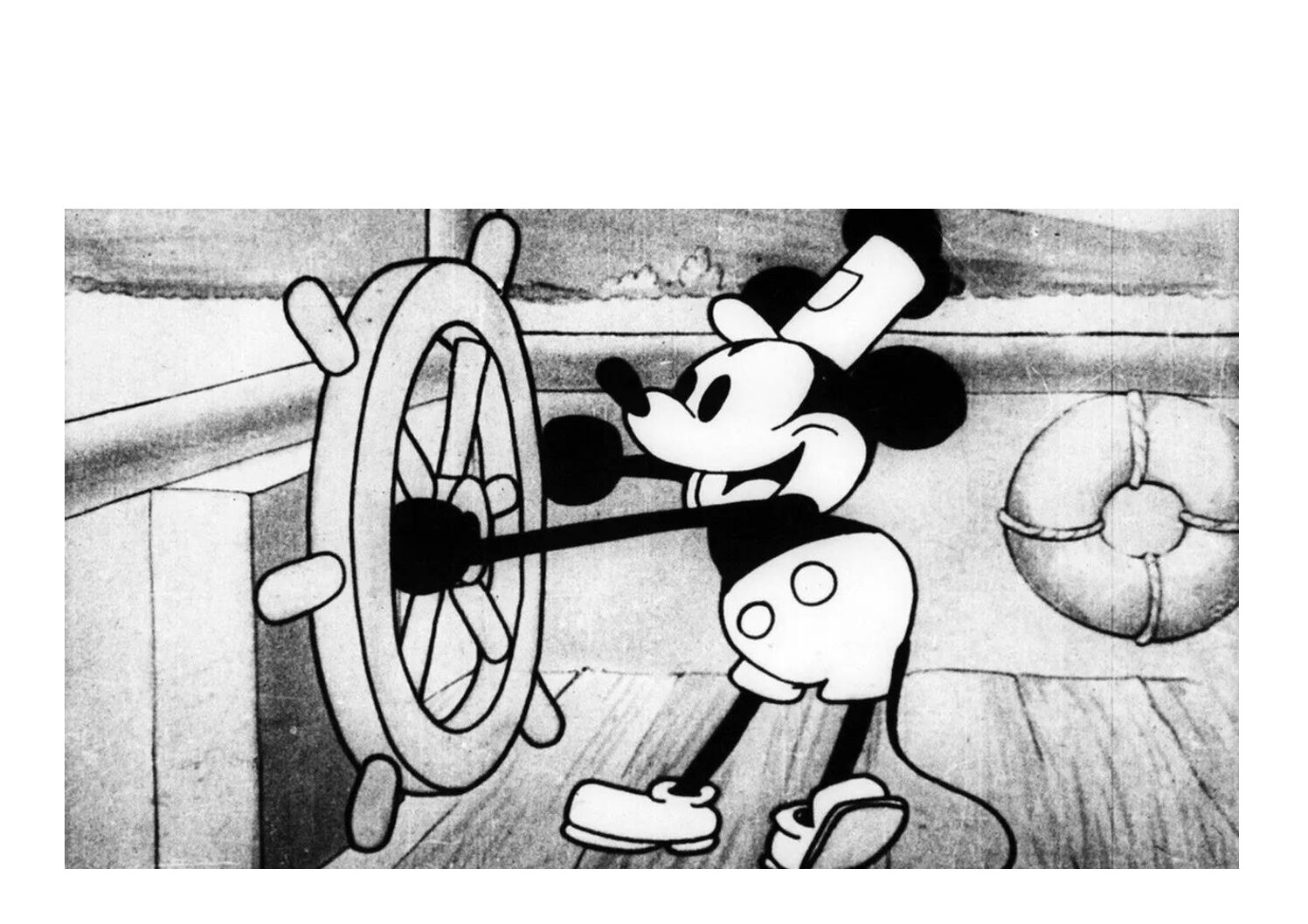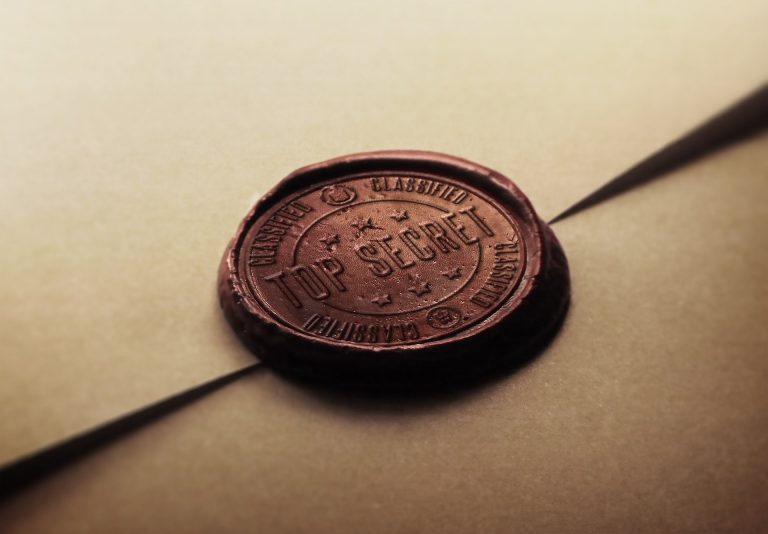It is hard to imagine a world in which one of the most influential musical groups, The Beatles, never existed. Two scripts revolving around this plot and the question of whether the stories are copyrighted and whether they are infringed were before the Amsterdam District Court for consideration. In its judgment of 15 November 2023, the court ruled that although the plaintiff’s work is a copyrighted work, there is no infringement.
Facts
Australian website ‘Make’n Movies’ allows individuals to share a story for a film with the public. The stories can be up to 500 words. The plaintiff is resident in Serbia and uploaded his story on this website. The defendant, Universal, is the Dutch subsidiary of Universal Pictures. The latter distributes audiovisual works, such as films. In 2019, Universal Pictures will release the film ‘Yesterday’. The plaintiff believes that the storyline of ‘Yesterday’ infringes the story he wrote and published on the website Make’n Movies in 2011. The dispute revolves around the following.
What are both scripts about?
Plot in plaintiff’s story
The plot of the story uploaded by plaintiff revolves around a musician who fails to make it. Through a confluence of circumstances, he wakes up one day to find the whole world has changed except for him. No one can remember The Beatles and their music. However, the main character knows all the songs and plays them to his friends. This culminates in ever-increasing success and before he knows it, he is a major pop star. The storyline further has a clear parallel with the course of The Beatles’ career – and in particular the life (and death) of John Lennon – which makes the main character wonder whether bringing these songs into the world is worth (potentially) giving his life. All this comes to a head in the film’s final act, in which he has a big concert planned in New York on 8 December (the anniversary of Lennon’s death). He eventually does take the stage.
Plot in ‘Yesterday’
Yesterday follows a similar storyline. Here, too, we are introduced to a struggling musician who is yet to have his big break. After an accident, he wakes up to find his world (also) has changed. He plays ‘yesterday’ by The Beatles for his friends, who are all impressed by the song he has written. Filled with disbelief, he defends that not he, but The Beatles wrote the song. His friends do not know who or what he is talking about, and it soon transpires that no one has heard of The Beatles except himself. His knowledge of the songs is triggered by certain events, so he does not know the songs beforehand. At one point, he meets John Lennon – who was never in The Beatles and has a completely different life – with whom he talks about love. The main character struggles with the fact that the songs were never “really” his and that he is lying to his childhood love about this. Lennon indicates that life does not have to be difficult if you choose love. In the end, the main character has issues of conscience and confesses that he never wrote the songs himself and declares love to his childhood love.
Copyright
The plaintiff believes that his work is copyrighted and claims that Universal should cease (and desist) infringement. Universal raises a defence, arguing that the story is an undeveloped film idea or plot suggestion consisting only of trivial elements not protected by copyright. Universal argues that the story contains only 500 words and is written in poor English, making it unclear what is meant, or at least what the elaboration of it should look like.
The court rightly considered that the fact that a story has only a few sentences and the storyline is not (fully) developed does not detract from the personal nature of the storyline. What matters is whether the legal scrutiny framework is met. Even a shorter story can be copyrighted.
The work is a protected copyright work, the Amsterdam court said. After all, creative choices were made in devising the story. This applies in particular to the elements that one of the most famous bands the world has ever known never existed, the choice made for the band, that the main character himself does know these songs, introducing the world to The Beatles’ oeuvre by releasing the songs as if they were his own and the inner conflict he faces.
Is there copyright infringement?
No, although the works enjoy copyright protection, the core elements in both stories are different enough to constitute two separate works. The similarities consist in the fact that an unsuccessful musician, in a world where The Beatles never existed, claims The Beatles’ songs as his own.
Then the stories take two different turns. As a result, the works are so different from each other that a new work has been created. There is then no longer an adaptation of the protected work, a new original work has been created. In other words: Universal may have used the plaintiff’s work as inspiration but kept such a distance from that work and added its own personal mark to the work that it cannot be said to be an adaptation.
The climax of the story is the deciding factor in this verdict. While one storyline focuses on the parallels with John Lennon’s life, the other focuses on the problem of conscience that the main character has regarding claiming songs that never belonged to himself. Finally, the court considers it important that the route to fame is substantially different. In ‘Yesterday’, the main character acquires fame only after winning a ‘songwriter contest’ from Ed Sheeran, in the plaintiff’s story, the main character becomes famous precisely by playing the songs of The Beatles.
What to do in case of a (possible) copyright infringement?
The court dismisses the plaintiff’s claims in this case. Copyright arises by operation of law; you do not have to do anything to make this happen. If the work has its own original character and it bears the creator’s personal stamp, this is sufficient for copyright to arise. It is the reflection of the creator’s personality expressed by making free creative choices in the creation of that work. An idea in itself is not protected. The question of whether it is infringed is really down to the concrete expression of that idea.
SOLV advises clients within the creative sector, for example the film and music industry. Do you have any questions as a result of this blog, or do you need advice regarding a (potential) infringement case? If so, please feel free to contact us.




